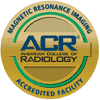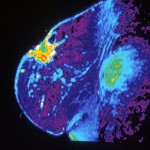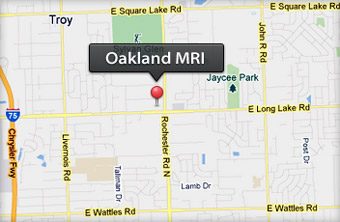BRCA1 and BRCA2 are human genes that produce tumor suppressor proteins. These proteins help repair damaged DNA and, therefore, play a role in ensuring the stability of the cell’s genetic material. When either of these genes is mutated, or altered, such that its protein product is not made or does not function correctly, DNA damage may not be repaired properly.
As a result, cells are more likely to develop additional genetic alterations that can lead to cancer. Specific inherited mutations in BRCA1 and BRCA2 increase the risk of female breast and ovarian cancers, and they have been associated with increased risks of several additional types of cancer. Together, BRCA1 and BRCA2 mutations account for about 20% to 25% of hereditary breast cancers1 and about 5% to 10% of all breast cancers.2 In addition, mutations in BRCA1 and BRCA2 account for around 15% of ovarian cancers overall.3
Breast cancers associated with BRCA1 and BRCA2 mutations tend to develop at younger ages than sporadic breast cancers. A harmful BRCA1 or BRCA2 mutation can be inherited from a person’s mother or father. Each child of a parent who carries a mutation in one of these genes has a 50% chance of inheriting the mutation. The effects of mutations in BRCA1 and BRCA2 are seen even when a person’s second copy of the gene is normal.


